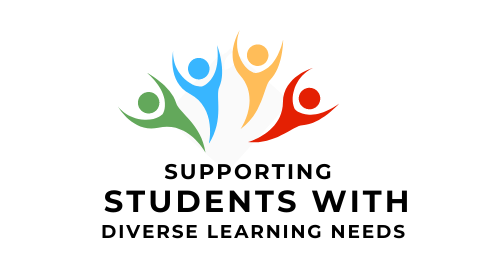About
Course
In collaboration with Selkirk and Camosun Colleges, Justice Institute of British Columbia (JIBC) has developed this course and a resource website to educate trainers on disability issues in the classroom. The purpose of the course is to increase the success of people with disabilities in a trades / technical program by dispelling common myths about students with disabilities and to address faculty’s concerns and questions about different disabilities. It will help each faculty member to obtain the appropriate knowledge and problem-solving skills to offer accommodations and select appropriate teaching strategies for their disabled students. The expectation is that the new techniques learned will help students achieve their full potential and success in their chosen programs.
This multi-modal course can be taken online independently, or in a facilitated face-to-face group. Throughout the course there are several engaging learning activities including scenarios with reflection questions, case studies followed by discussions, and simulation exercises aimed to trigger learner empathy.

Site Organization
This site is organized according to the functional impacts of disabilities, rather than individual disabilities. There are two main reasons for this:
- A focus on disabilities can encourage a purely medical view of disability, with an emphasis on individual differences, rather than environmental barriers. By focusing on the functional impacts of disabilities, this site aims to provide practical suggestions for removing barriers to learning. Student populations are increasingly diverse and many of our students will struggle with stress, fatigue, or illness at some point in their college careers. How can we design learning to be more accessible for students with disabilities and for all students?
- Instructors may not have information about the specific disabilities of students in their classes, as students are not obliged to share this information. Disability Services Offices (DSOs) request documentation of disabilities, but this information is confidential under the British Columbia Freedom of Information and Protection of Privacy Act (FIPPA) and is not shared without the permission of the student. Moreover, many students choose not to disclose their disability, even to the DSO. This site aims to show that instructors can make their classes accessible, without needing to know the specific disabilities of their students.
A Note on Terms
Some may prefer to use such terms as “exceptionalities,” “other enabled,” “learning difference” or “students with special needs” in place of the term “disability” as in “students with disabilities.” However, in most Student Accessibility Centres and Disability Services Offices in postsecondary institutions across Canada, the term “disability” is used because that is the language most commonly used in North America by:
- Professionals who specialize in identifying mental and physical disabilities.
- Frequently cited diagnostic manuals (e.g., Diagnostic and Statistical Manual of Mental Disorders).
- Funding agencies that provide financial support to postsecondary students with disabilities (e.g., Canada Study Grant for Services and Equipment for Persons with Permanent Disabilities).
- Professional associations that inform and educate the public on disability-related issues (e.g., Learning Disabilities Association of British Columbia, National Education Association of Disabled Students).
- Government agencies and related legislation such as Student Financial Aid branches, Ministry of Advanced Education, and BC Human Rights Code
Accessibility Display Settings
You can use the Accessibility Settings tab available at the top right of any page to change the colour of text and background, and font type on all pages to pre-sets that are settings recommended by the Web Accessibility Guide. To enlarge text, simply press the Control key while turning the scroll wheel of your computer mouse, or use the two-finger sliding motion to zoom in or out on your mobile device.
Feedback
Please go to the contact us page if you have any feedback.

Resource
This site has been created by the postsecondary institutions of British Columbia, Canada indicated by the logos below. The intended audience is postsecondary education faculty and accessibility/disability support staff, tutors, and mentors, primarily in British Columbia. However, the site is open to all audiences. It is based on a course developed by the Anglophone Postsecondary Institutions of New Brunswick, and has been adapted for the British Columbian context.
